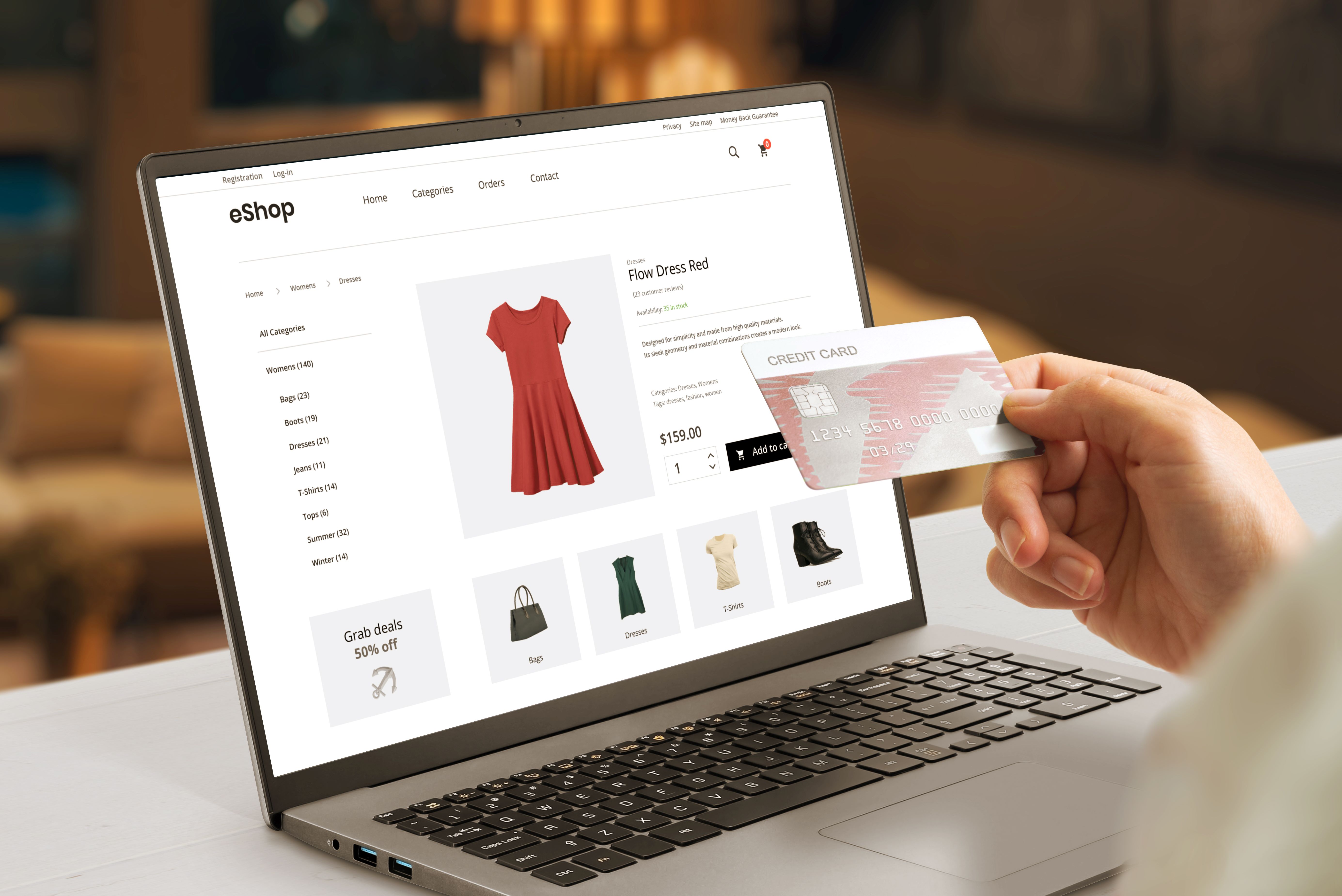
TikTok’s Shop feature has come under scrutiny in a variety of markets recently, with Indonesia issuing a ban. The app also remains under the shadow of security concerns as it expands its e-commerce offering in western markets.
Time runs out for TikTok Shop
The Guardian reported last month on Indonesia’s introduction of a ban on e-commerce trade on social media, which its government says is an effort to protect the businesses of offline sellers and marketplaces.
E-commerce sellers, they have suggested, undercut SMEs and threaten to drive many out of business.
TikTok was given a one-week grace period in which to comply, which it did, stating that its “priority” is to abide by “local laws and regulations”.
The social media platform, owned by Chinese tech firm ByteDance, had previously announced plans to invest billions in south-east Asian markets to grow TikTok Shop.
Research by consultancy Momentum Works has found that, of the US $52bn in e-commerce transactions carried out last year in Indonesia, 5% of those were made through TikTok Shop. An estimated 125m Indonesian citizens use the TikTok app.
Licence to sell
TikTok is among a group that includes YouTube, Instagram and Facebook parent company Meta who are considering applying for e-commerce licenses, according to an exclusive from Reuters.
It may seek to develop agreements with local Indonesian e-commerce firms such as Tokopedia.
The permit would allow the platforms to once again advertise goods and perform market surveys, but it would not allow in-app transactions.
Indonesian domestic trade minister Isy Karim said that a permit application from TikTok would need to be made through a local subsidiary.
Security concerns
The Indonesian government also cites a need to protect its citizens’ privacy as part of the reasoning behind the ban in an echo of security concerns expressed elsewhere, notably in the US.
Earlier this year, members of the House Committee on Energy and Commerce listened to evidence from TikTok creators as well as Shou Zi Chew, the platform’s chief executive, who gave assurances of its security and its approach to user data and privacy, per AP News.
At the heart of concerns around TikTok in the West is a Chinese law including provisions that would compel TikTok to give data it gathers to the government if the authorities deem it relevant to national security.
The company has responded with what it calls ‘Project Texas’, a US $1.5bn plan to route US data to software firm Oracle, ensuring it remains on servers hosted domestically.
Many governments remain less than impressed — the app is forbidden from use on government devices in the UK, Australia, Canada and several US states, while India has outright banned the platform.
US market targeted
Nevertheless, TikTok’s e-commerce ambitions have been little-diminished in the West.
The Wall Street Journal (WSJ) reported in September on the expansion of TikTok’s e-commerce operations in the US as the platform allowed Chinese vendors to sell to US customers through the Shop feature for the first time.
Seeking to rival other Chinese-owned e-commerce apps such as Shein or Temu, it allowed China-based sellers to open storefronts on the app in August before opening sales to its entire 150 million-strong US userbase a month later.
Not entertained?
The WSJ notes, however, that many Chinese sellers are finding it more difficult than anticipated to sell through the app. Some vendors have struggled to adapt to its format, in which sales are often driven by engagement through the app’s short video function.
One vendor interviewed said that consumers on TikTok “want to be entertained” in a way that those on traditional e-commerce platforms such as Amazon do not.
In an effort to support Chinese vendors, TikTok issues documents that help them to understand the US market and avoid cultural misunderstandings. Holidays like Halloween are described as “the children’s favourite festival”, and sellers are encouraged to focus on specific products to match these descriptions.
Other sellers such as Xiao Huaqing, a clothing vendor from Foshan in the south of China, said that the variety of rules around what could be visually represented on the app in different markets made selling complex.
Agencies in China help those looking to sell to the US market through the app, often for large fees. The TikTok app is not available in China itself, and IP address-masking is necessary for Chinese vendors to access it.


